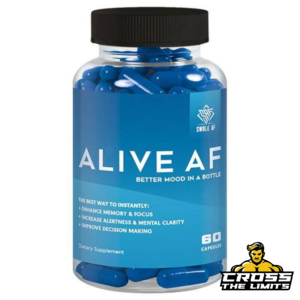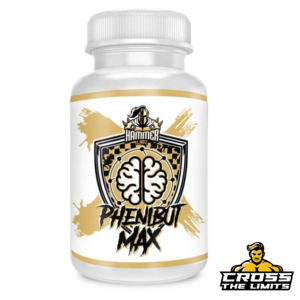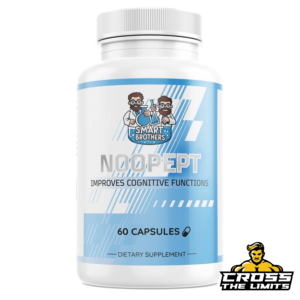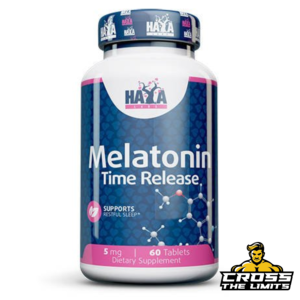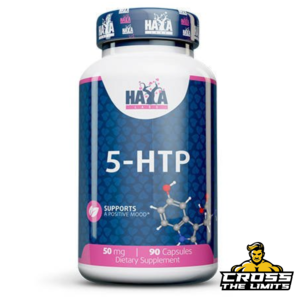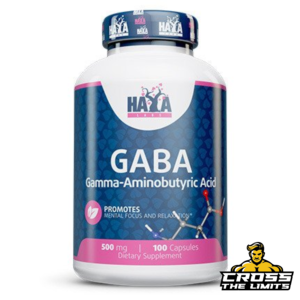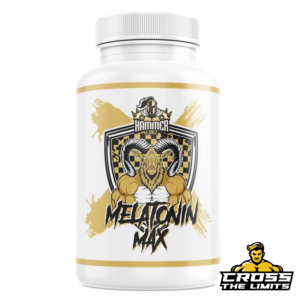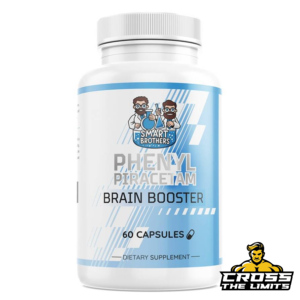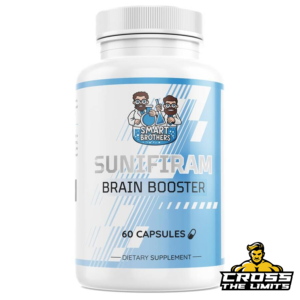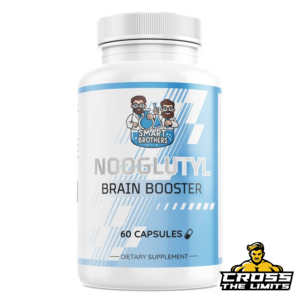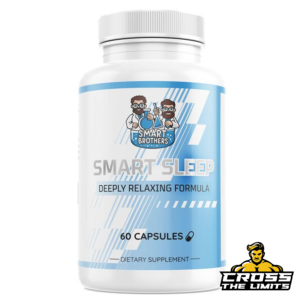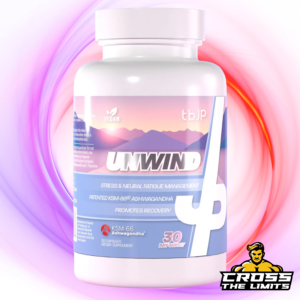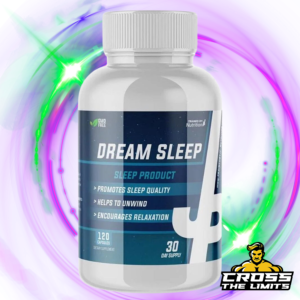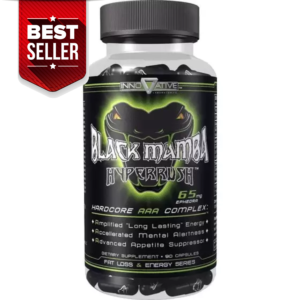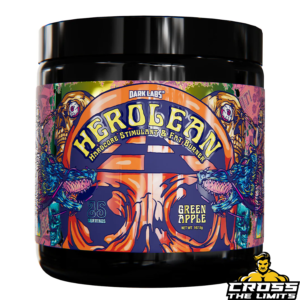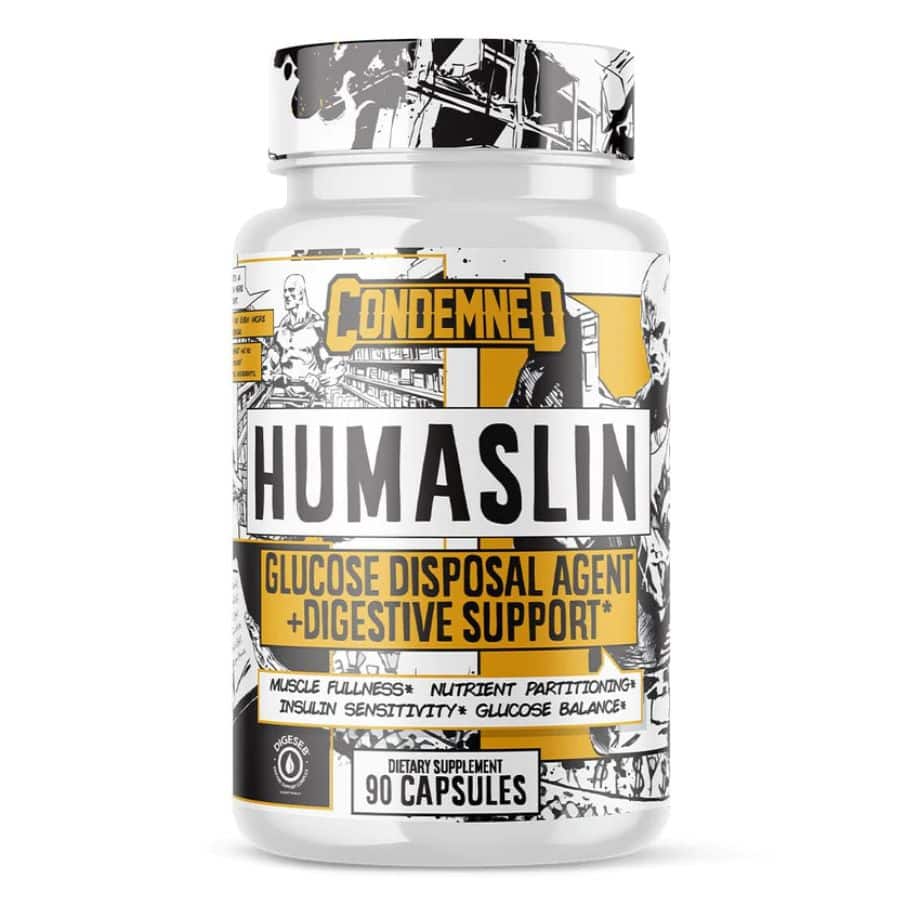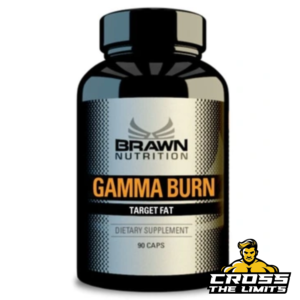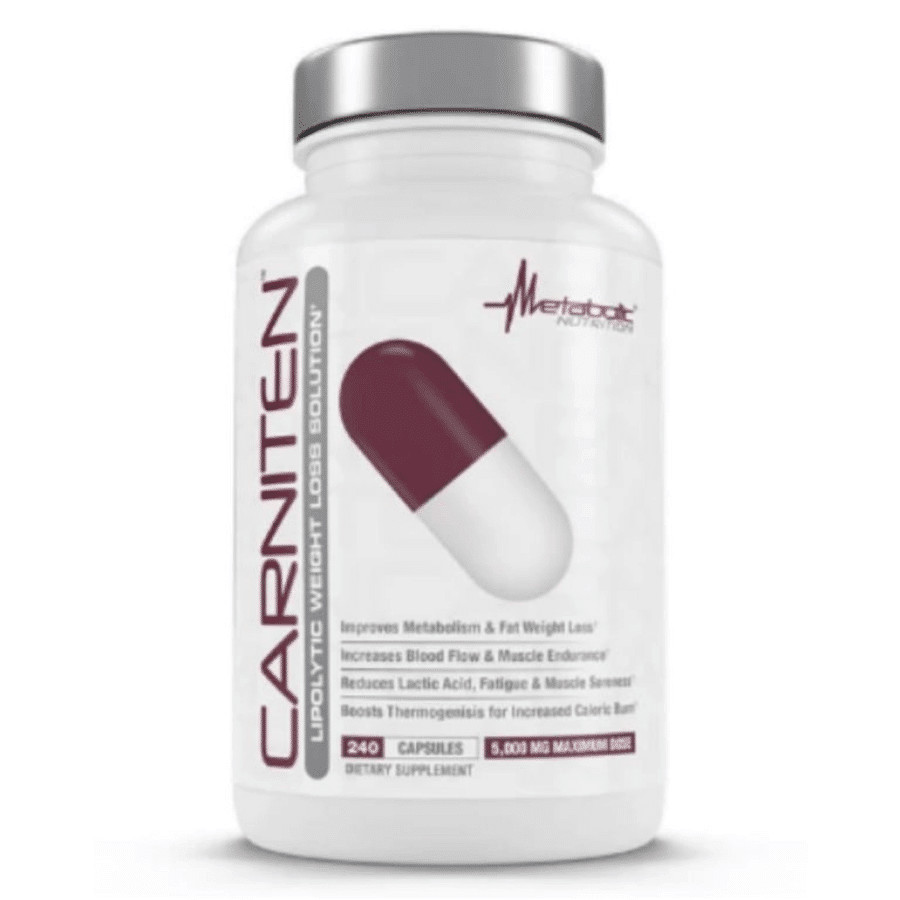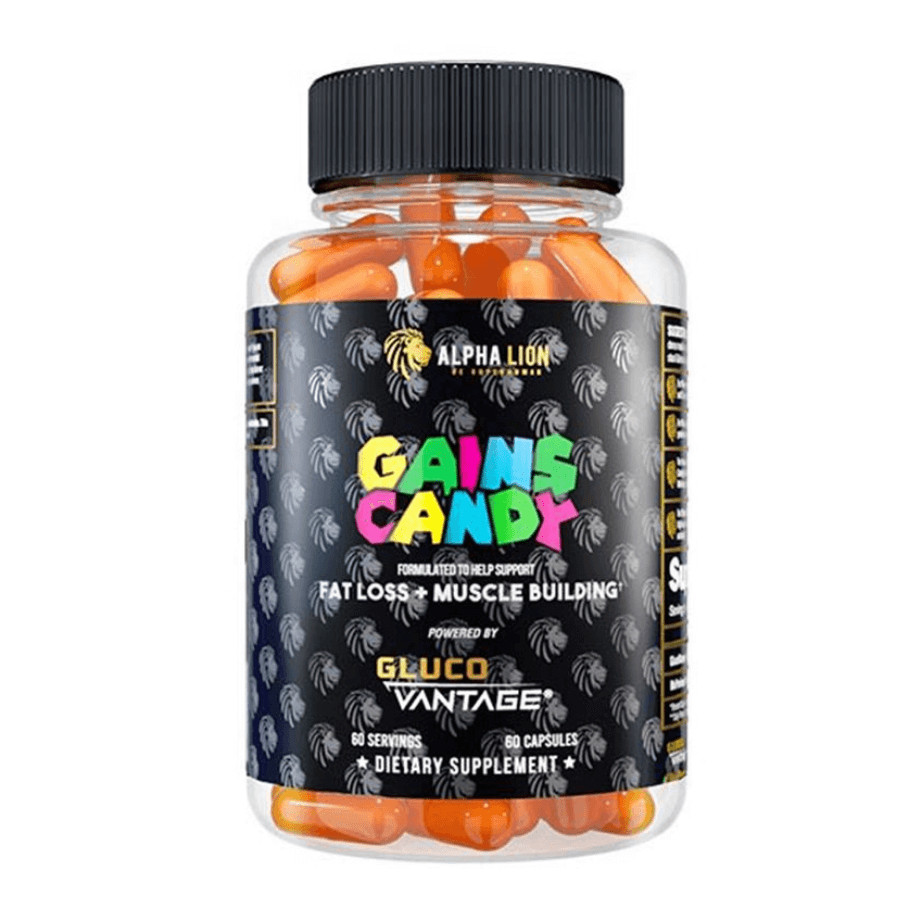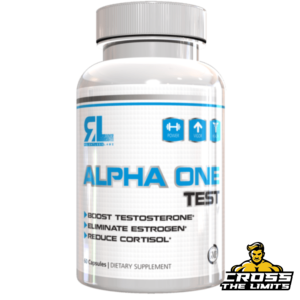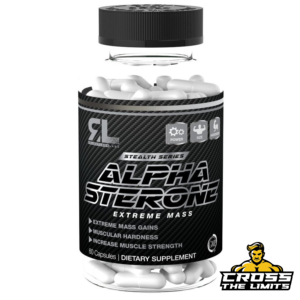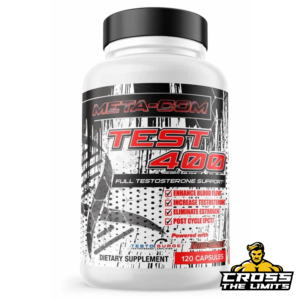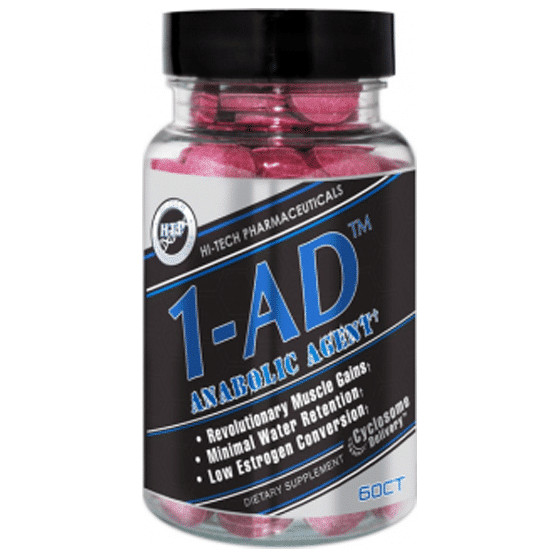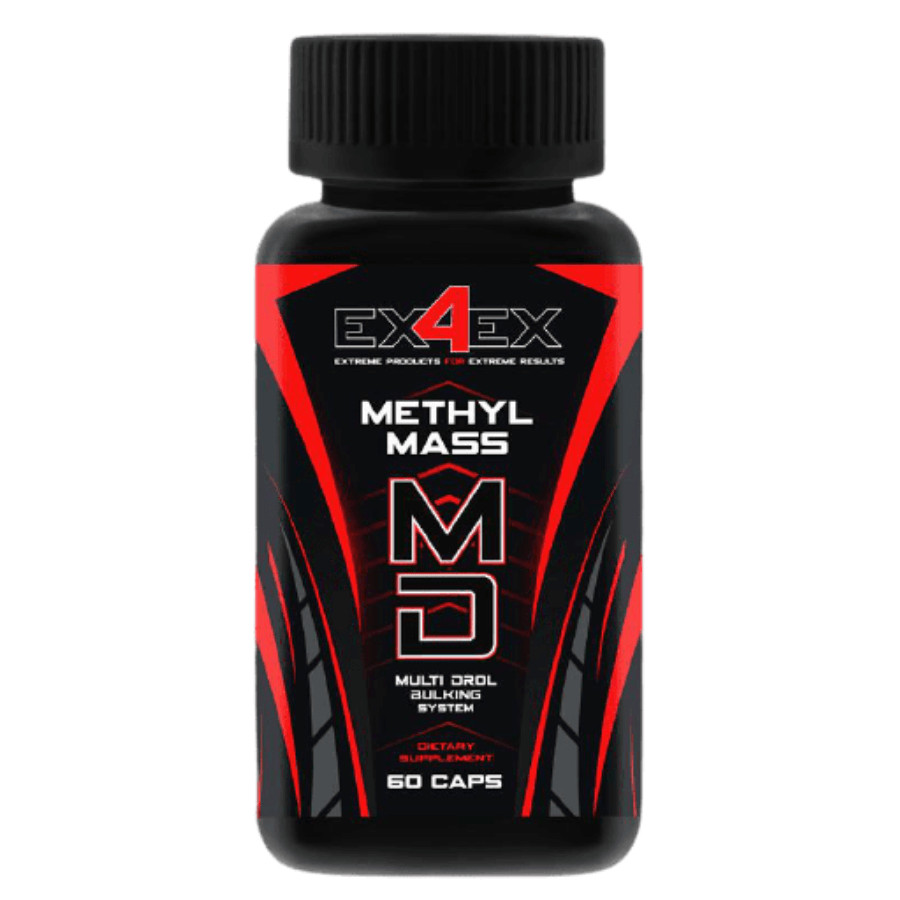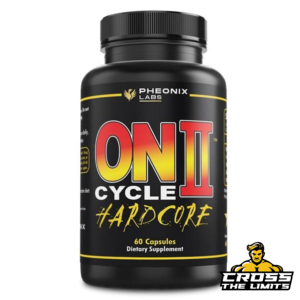
“Supplement Savvy: A Starter Kit for Beginners”
Welcome, brave souls, to the bewildering and often perplexing world of supplements! If you’ve ever found yourself standing in the supplement aisle, wide-eyed and overwhelmed by the plethora of bottles, each promising health and vitality, you’re not alone. Supplements, my friends, are the adult version of choosing a cereal in the grocery store as a kid. There are so many options, and yet, we’re not sure which one has the prize inside (or, in this case, the health benefits).
Now, before you throw in the towel and decide that deciphering hieroglyphics might be an easier task, fear not! We’ve crafted this series of articles with you in mind – the beginners, the curious, the utterly confused. We’re here to unravel the mysteries of supplements, one pill (or powder) at a time.
Are supplements the modern elixir of life, or are they just fancy, overpriced placebos? Do they open the gateway to unparalleled health, or are they just a one-way ticket to expensive urine? These are the hard-hitting questions we’ll explore together.
So buckle up, dear reader, as we embark on this epic journey through the jungles of jars and jargon. We’ll laugh learn, and by the end of it, you’ll be wielding your supplement knowledge like a sword, ready to conquer the aisles and make informed choices like a true supplement savant.
Ready? Set? Supplement!
-
buyRead MorebuyRead MorebuyBuybuybuyRead Morebuybuybuy
Introduction to Supplements
Supplements have become a ubiquitous part of many people’s health and wellness routines, providing additional nutrients and support that may be lacking in a regular diet. In this introductory article, we aim to demystify supplements, explaining what they are, their various forms, and their intended uses.
What are Supplements?
Supplements are products intended to add nutritional value to your diet or to lower your risk of health problems. They can include vitamins, minerals, herbs, amino acids, enzymes, and other substances. Supplements come in various forms, including tablets, capsules, powders, drinks, and energy bars.
Types of Supplements:
- Vitamins: Essential for overall health, vitamins play a crucial role in many bodily functions. Joint vitamin supplements include Vitamin C, Vitamin D, and Vitamin B12.
- Minerals: These are elements that our bodies need to function correctly. Calcium and iron are two widely used mineral supplements.
- Protein: Often used by athletes and bodybuilders, protein supplements like whey or soy protein help in muscle building and recovery.
- Herbal: Made from plants, herbal supplements can include ingredients like echinacea for immune support or ginkgo biloba for mental clarity.
Why Take Supplements?
People choose to take supplements for various reasons, including filling nutritional gaps in their diet, supporting physical performance and recovery, enhancing focus and mental clarity, and bolstering overall health.
It’s important to note that supplements should not replace a balanced diet and healthy lifestyle. Instead, they should be used to complement your diet and provide additional support where needed.
How to Start with Supplements
Embarking on the journey of supplement use can be overwhelming for beginners. Here, we provide a guide to help you start safely and make informed choices.
Consult a Healthcare Professional:
Before adding any supplement to your regimen, it’s crucial to consult with a healthcare professional, especially if you have any pre-existing health conditions or are taking medications. They can guide what supplements might benefit you and highlight any potential interactions or side effects.
Choose High-Quality Supplements:
The supplement market is vast, and product quality can vary significantly. Look for brands that have third-party testing, transparent ingredient lists, and good manufacturing practices. This ensures that the product contains what it says on the label and is free from contaminants.
Follow Recommended Dosages:
More is not always better when it comes to supplements. Taking excessive amounts can lead to adverse effects. Always follow the recommended dosage on the product label or the advice of your healthcare professional.
Be Aware of Potential Interactions:
Some supplements can interact with medications or other supplements, potentially leading to adverse effects. Ensure to inform your healthcare professional about all the supplements and medications you are taking.
In the following articles, we will delve deeper into different types of supplements, their potential benefits and risks, and provide practical tips for safe use.
Types of Supplements and Their Benefits
In this article, we delve deeper into the various types of supplements available, exploring their potential benefits and how they might address specific health needs or goals.
- Vitamins:
- Vitamin C: Known for its immune-boosting properties, it also affects skin health and iron absorption.
- Vitamin D: Essential for bone health as it helps in the absorption of calcium. It also plays a role in immune function.
- B Vitamins: A group of vitamins that support energy production, brain function, and the production of red blood cells.
- Minerals:
- Calcium: Vital for maintaining strong bones and teeth. It also plays a role in muscle function and nerve signalling.
- Iron: Necessary for the production of red blood cells and transporting oxygen throughout the body.
- Magnesium: Involved in over 300 biochemical reactions in the body, including muscle and nerve function, blood pressure regulation, and supporting the immune system.
- Whey Protein: Popular among athletes for its ability to help in muscle recovery and growth.
- Plant-based Proteins: Options like pea or hemp protein provide an alternative for those who do not consume dairy.
- Herbal Supplements:
- Echinacea: Often used to prevent or reduce the severity of common colds.
- Turmeric: Known for its anti-inflammatory and antioxidant properties.
- Ginkgo Biloba: Traditionally used to improve concentration and cognitive function.
- Omega-3 Fatty Acids:
- Found in fish oil or flaxseed supplements, they are known for their heart health and anti-inflammatory benefits.
- These are beneficial bacteria that help in maintaining gut health. They can be instrumental after a course of antibiotics or for individuals with certain digestive disorders.
- Antioxidants:
- Supplements like Vitamin E and selenium are known for their ability to fight free radicals and support overall cellular health.
When considering supplements, it’s essential to understand that they are not a one-size-fits-all solution. The need for supplements varies based on age, gender, health status, and dietary habits. Always consult a healthcare professional before starting any new supplement regimen.
-
buyRead MoreRead More
Dark Labz Flame V2 25servigs
£42.00 £45.58BuyBuybuyIGNIT3 120 Caps
£37.76Read MorebuybuybuyHard Rock EPH100 100caps
£32.34buybuyPotential Risks and How to Use Supplements Safely
While supplements can offer various health benefits, they are not without risks. In this article, we address the potential dangers and guide how to use supplements safely.
- Over-supplementation:
- Taking excessive amounts of specific vitamins or minerals can lead to toxic effects. For instance, too much Vitamin A can cause liver damage, while excessive calcium can lead to kidney stones.
- Contaminated Products:
- Some supplements might be contaminated with heavy metals or other harmful substances. Opting for products from reputable brands with third-party testing can help mitigate this risk.
- Interactions with Medications:
- Some supplements can interact with medications, potentially reducing their efficacy or leading to adverse effects. For example, Vitamin K can interfere with blood thinners, and some supplements like St. John’s Wort can interact with various medications.
- False Health Claims:
- Be wary of supplements that promise miraculous results or “quick fixes.” If it sounds too good to be true, it probably is.
To use supplements safely, follow these guidelines:
- Consult a Healthcare Professional: Before starting any supplement regimen, seek advice from a healthcare professional, particularly if you have any pre-existing health conditions or are taking medications.
- Follow Recommended Dosages: Stick to the recommended dosages on the product label or as advised by your healthcare professional.
- Choose Quality Products: Opt for supplements from reputable brands that follow good manufacturing practices.
- Be Cautious with Herbal Supplements: While derived from natural sources, herbal supplements can still have potent effects and potential drug interactions.
- Keep Track of What You Take: Maintain a list of all the supplements and medications you are taking and share it with your healthcare professional.
By being informed and cautious, you can safely incorporate supplements into your health regimen and reap their potential benefits.
Common Mistakes to Avoid for Supplement Beginners
Embarking on the journey of supplement use requires care and informed decision-making. Beginners, in particular, can be prone to specific mistakes. In this article, we highlight some of the most common errors and advise how to avoid them.
- Assuming More is Better:
- Mistake: Thinking that taking higher doses of supplements will lead to quicker or more effective results.
- Advice: Stick to the recommended dosage on the product label or follow the advice of a healthcare professional. More isn’t always better, and in some cases, it can be harmful.
- Not Checking for Interactions:
- Mistake: Please consider potential interactions between different supplements or between supplements and medications.
- Advice: Inform your healthcare professional about all the supplements and medications you are taking, and check for potential interactions.
- Choosing Low-Quality Products:
- Mistake: Check the brand’s reputation and product review before opting for cheaper, lower-quality supplements.
- Advice: Look for supplements from reputable brands that practice third-party testing to ensure product quality and safety.
- Expecting Instant Results:
- Mistake: Becoming impatient when results are short and potentially giving up on the supplement regimen too soon.
- Advice: Understand that supplements are not magic pills. They work best with a balanced diet, regular exercise, and a healthy lifestyle.
- Using Supplements as a Substitute for a Healthy Diet:
- Mistake: Relying solely on supplements to meet nutritional needs instead of consuming various nutrient-rich foods.
- Advice: Use supplements to complement your diet, not replace it. Focus on obtaining your nutrients from whole foods whenever possible.
- Ignoring Potential Side Effects:
- Mistake: Not being vigilant about potential side effects or adverse reactions when starting a new supplement.
- Advice: Pay attention to your body’s reactions when you start a new supplement and discontinue use if you notice any adverse effects. Consult a healthcare professional if necessary.
By avoiding these common mistakes, beginners can navigate the world of supplements more safely and effectively.
-
Read MoreRead More
Hammer Labz Power PCT 30 ml
£46.00buybuybuybuybuybuybuybuySwole Immortal A.F 90 caps
£62.00buybuyFAQs for Supplement Beginners
In this final article of our series, we address some frequently asked questions that beginners might have about supplements.
- When is the Best Time to Take Supplements?
- It depends on the type of supplement. Some are best taken with meals for better absorption, while others might be recommended to take on an empty stomach. Follow the instructions on the product label or consult a healthcare professional.
- Can I Take All My Supplements at Once?
- It’s possible but only sometimes advisable. Some supplements can interact with each other, and taking them separately might enhance absorption. Consult a healthcare professional for personalized advice.
- How Should I Store Supplements?
- Most supplements should be stored in a cool, dry place, away from direct sunlight. Check the product label for specific storage instructions.
- How Long Does it Take to See Results from Supplements?
- The time frame can vary widely depending on the supplement and the individual. Some people might notice effects within a few days, while for others, it might take weeks or even months.
- Are There Any Supplements I Should Avoid?
- Pregnant or breastfeeding women, individuals with certain medical conditions, and those taking specific medications should avoid certain supplements. Always consult a healthcare professional before starting any new supplement regimen.
- Can I Get All My Nutrients from Food?
- Ideally, yes. A balanced diet should provide all the nutrients your body needs. However, supplements can be beneficial in cases of nutrient deficiencies or specific health conditions.
- Is it Safe to Buy Supplements Online?
- It can be, but it’s essential to purchase from reputable sources. Be wary of products with claims that seem too good to be accurate, and always check product reviews and brand reputation.
By addressing these FAQs, we hope to give beginners the knowledge and confidence to make informed decisions about supplement use. Remember, supplements can play a role in supporting overall health, but they should be used cautiously and in conjunction with a balanced diet and healthy lifestyle.
The Supplement Saga – Navigating the Nutritional Labyrinth
And so, dear reader, we find ourselves at the end of this epic adventure through the tangled vines of the supplement jungle. Together, we’ve navigated the murky waters of vitamins and minerals, dodged the quicksand of false health claims, and tamed the wild beasts of herbal concoctions.
We’ve laughed in the face of over-supplementation, danced through the aisles of quality product choices, and learned to decipher the ancient runes of supplement labels. Oh, what a journey it has been!
As we hang up our explorer hats and retire our magnifying glasses, let’s take a moment to reflect on the golden nuggets of wisdom we’ve unearthed. Supplements, our newfound friends, are not magical potions or cure-alls. They are the trusty sidekicks in our quest for health and wellness, ready to lend a hand (or a pill) when the going gets tough.
But beware, brave adventurers, for the supplement world is a labyrinth of choices, and not all potions are created equal. Arm yourself with knowledge, consult the wise sages (healthcare professionals), and choose your brews wisely.
So, as the sun sets on our supplement saga, remember this: The path to health is a journey, not a sprint. Supplements can be your trusty companions, but they work best when accompanied by a balanced diet, regular exercise, and a sprinkle of laughter.
Until our next adventure, keep your wits about you, your supplements in check, and your sense of humour alive and kicking. Here’s to navigating the nutritional labyrinth with a smile and a supplement in hand (when needed, of course). Cheers to your health, dear reader, and remember: the journey is half the fun!
Check other posts
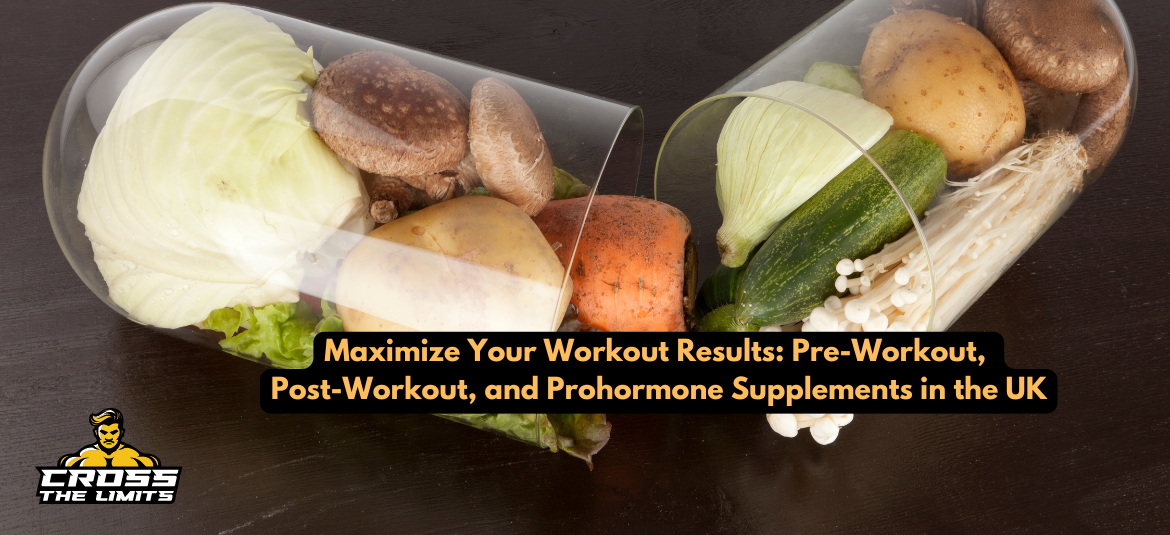
Maximize Your Workout Results: Pre-Workout, Post-Workout, and…
October 13th, 2024
Read more
Top Sports Supplements in the UK: What…
October 9th, 2024
Read more
Maximizing Your Workouts with Creatine: The Truth…
August 11th, 2024
Read moreWe use cookies to ensure that we give you the best experience on our website. If you continue to use this site we will assume that you are happy with it.
ACCEPT
